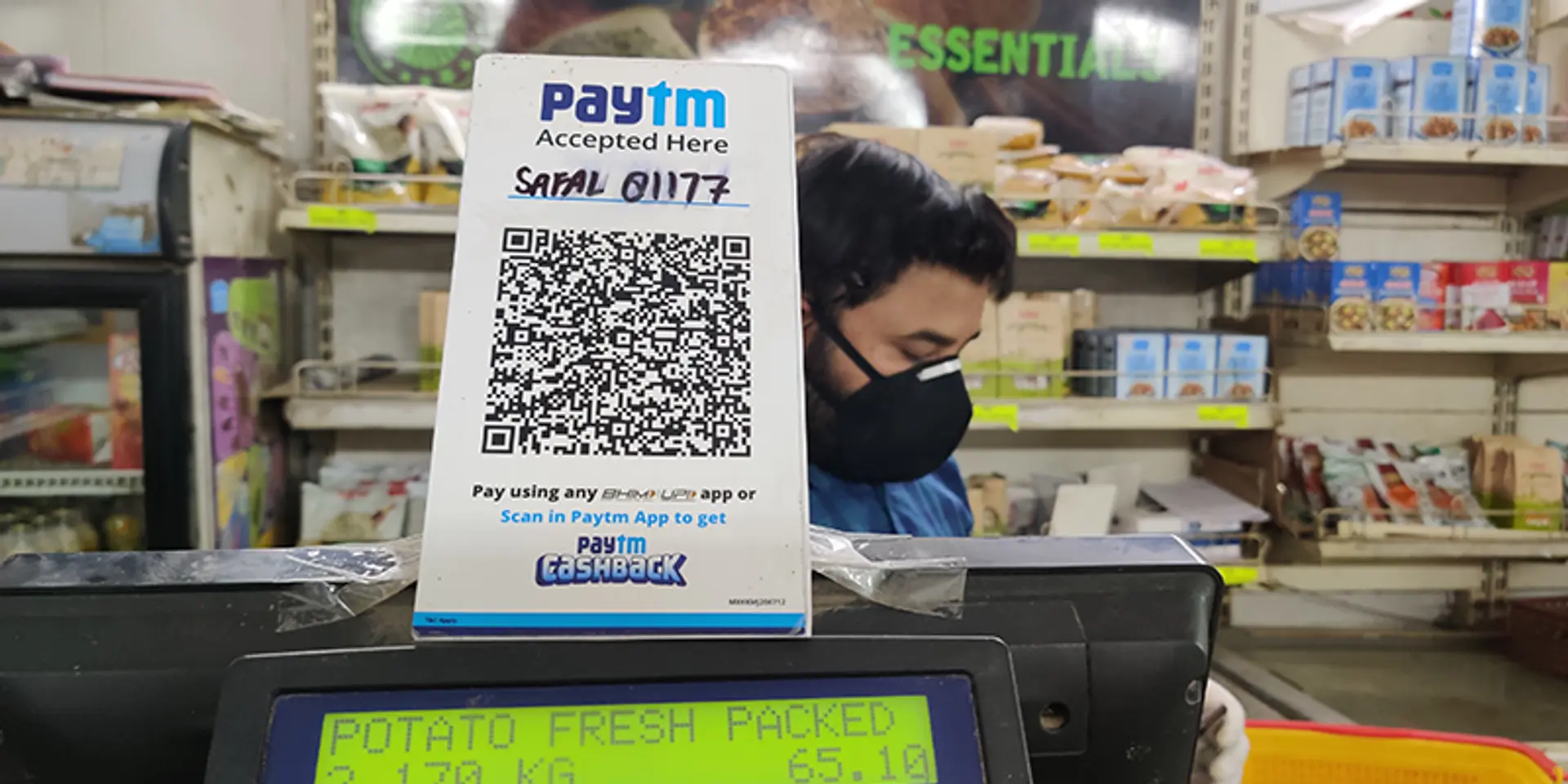Paytm swings to operating profit in Q3; narrows losses
The company’s operating revenue for the October-December quarter surged 42% year-on-year to Rs 2,062 crore.
raced its way closer to profitability, not yet shrugging away its loss-making tag but reporting an operating profit for the financial third quarter, nine months ahead of its target.
Founder and CEO Vijay Shekhar Sharma, highlighting that Paytm had achieved the milestone in 10 years, made it a point to underline that while the company was focused on growth, it did keep "tight vigil on operational risk and compliances."
"I am very confident that we will soon achieve our next milestone of becoming a free cash flow generating company," he said in a statement accompanying the financial results for the December quarter.
Operating revenue for the digital payments and financial services company in Q3FY23 increased 42% to Rs 2,062 crore.
“The growth was driven by increase in merchant subscription revenues, growth in loan distribution and momentum in commerce business,” Paytm's parent One 97 Communications Ltd said in an exchange filing late Friday.
"(Year-on-year) growth comparison was impacted by timing of festive season and UPI incentive recorded in Q3 FY 2022 (for three quarters) versus nil recorded in this quarter."
Paytm said it disbursed 10.5 million loans worth Rs 9,958 crore in the latest third quarter, up 137% from the same year-earlier period. As of December 2022, 8.1 million borrowers had availed loans on the Paytm platform, adding 1.4 million new borrowers in the latest third quarter.
The opportunity "for newer payment and credit disbursement solutions is huge, which gives us quality revenue and attractive profit pools to address," CEO Vijay Shekhar Sharma said in the statement.
Loss narrowed to Rs 392 crore from a loss of Rs 778.5 crore in the year-ago period. Net income increased to Rs 2,140 crore from Rs 1,533.4 crore earlier.
EBITDA before ESOPs-related expenses stood at Rs 31 crore in the latest quarter, against a loss of Rs 393 crore in the year-earlier period. EBITDA, or earnings before interest, taxes, depreciation and amortisation are factored in, is considered a measure of core operational performance.
Share-based payment expenses dropped to Rs 362 crore from Rs 390 crore earlier.
Paytm also said it reduced its payment processing charges on the back of improved rates from banks.
“The promotional cash backs and incentives were Rs 91 crore (from Rs 191 crore in Q2). As per earlier arrangements with lenders, we were incurring incentives related to Paytm Postpaid as a part of this cost. From Q3 onwards, we have new agreements with lenders (where we were incurring interchange cost) which is included in Payment processing charges. As a result the costs were down,” it said.
Other direct expenses, however, increased 38% to Rs 1,818 crore, although indirect expenses dropped to 49% of revenues.
The number of personal loans disbursed during the quarter surged 309% year-on-year, jumping 468% in value to Rs 2,931 crore at an average ticket size of Rs 1,20,000.
The number of merchant loans disbursed grew 253%. “More than 85% of value disbursed in the quarter was to merchants with deployed Paytm payment device”.
Gross merchandise value, or the value of total payments made to merchants via the Paytm platform, increased 38% from a year earlier to Rs 3.5 lakh crore.
Average monthly transacting users increased 32% to 85 million in the December quarter, driven by customer acquisition through UPI and multiple use cases on the Paytm platform. (Unique users with at least one successful transaction in a particular month are counted towards monthly transacting users.)
ICICI Securities had expected Paytm to report a 46% increase in revenue, and an EBIDTA of Rs 488.10 crore for the December quarter.
Ahead of the results, Paytm's stock had declined by as much as Rs 22.8, or 4.2%, to hit Rs 523 a share on Friday, before settling at Rs 524.9 apiece on BSE, and Rs 529.9 on NSE.
Earlier on Friday, Paytm disclosed that its investor Ant Financial's representative on the board, Douglas Feagin, had resigned effective immediately.
In December, Paytm had announced a share buyback scheme worth Rs 850 crore at Rs 810 apiece, a 62.3% discount to the issue price, and said it expected the process to be completed within six months.
Paytm listed on the public market in November 2021, crashing on debut and dropping by about 66% since then.
[Updated with additional details on the December quarter results.]
Edited by Feroze Jamal








